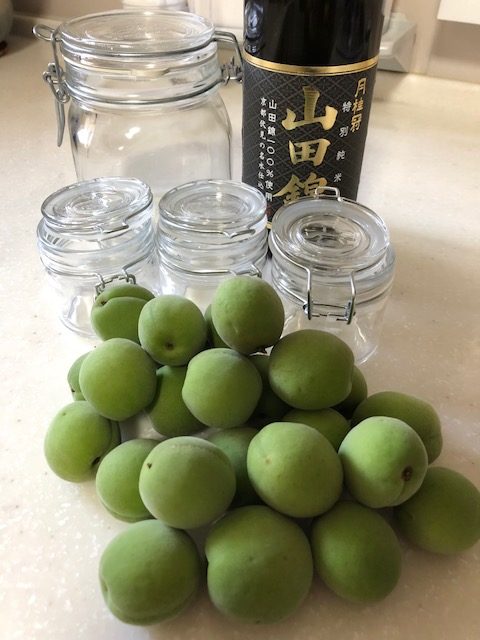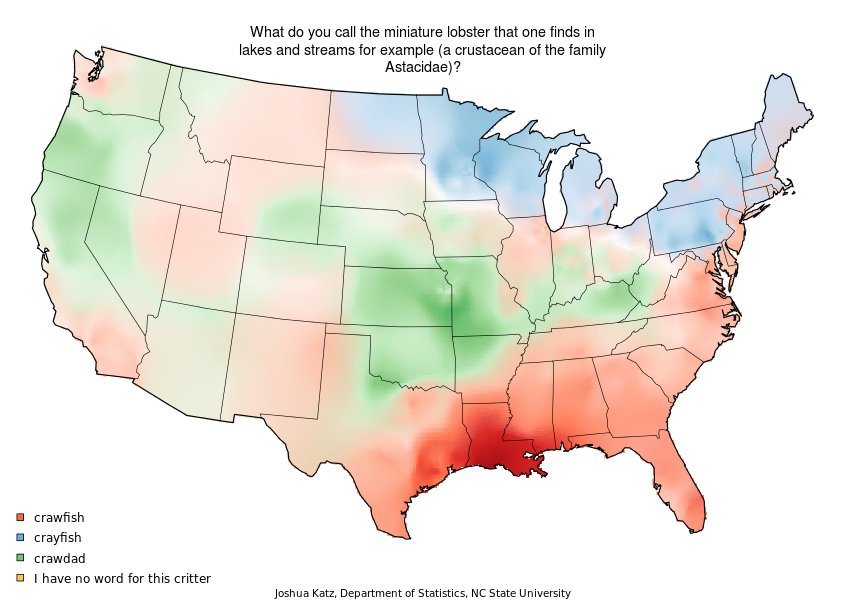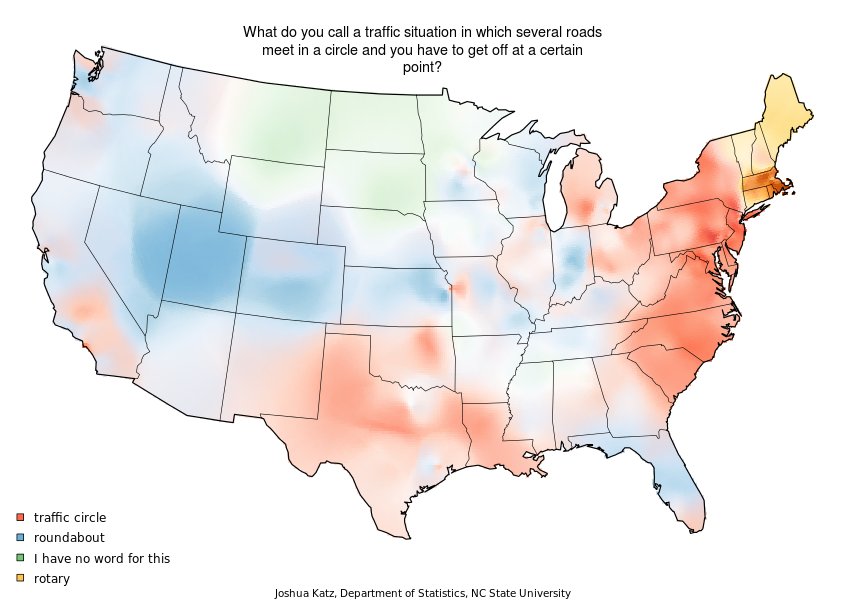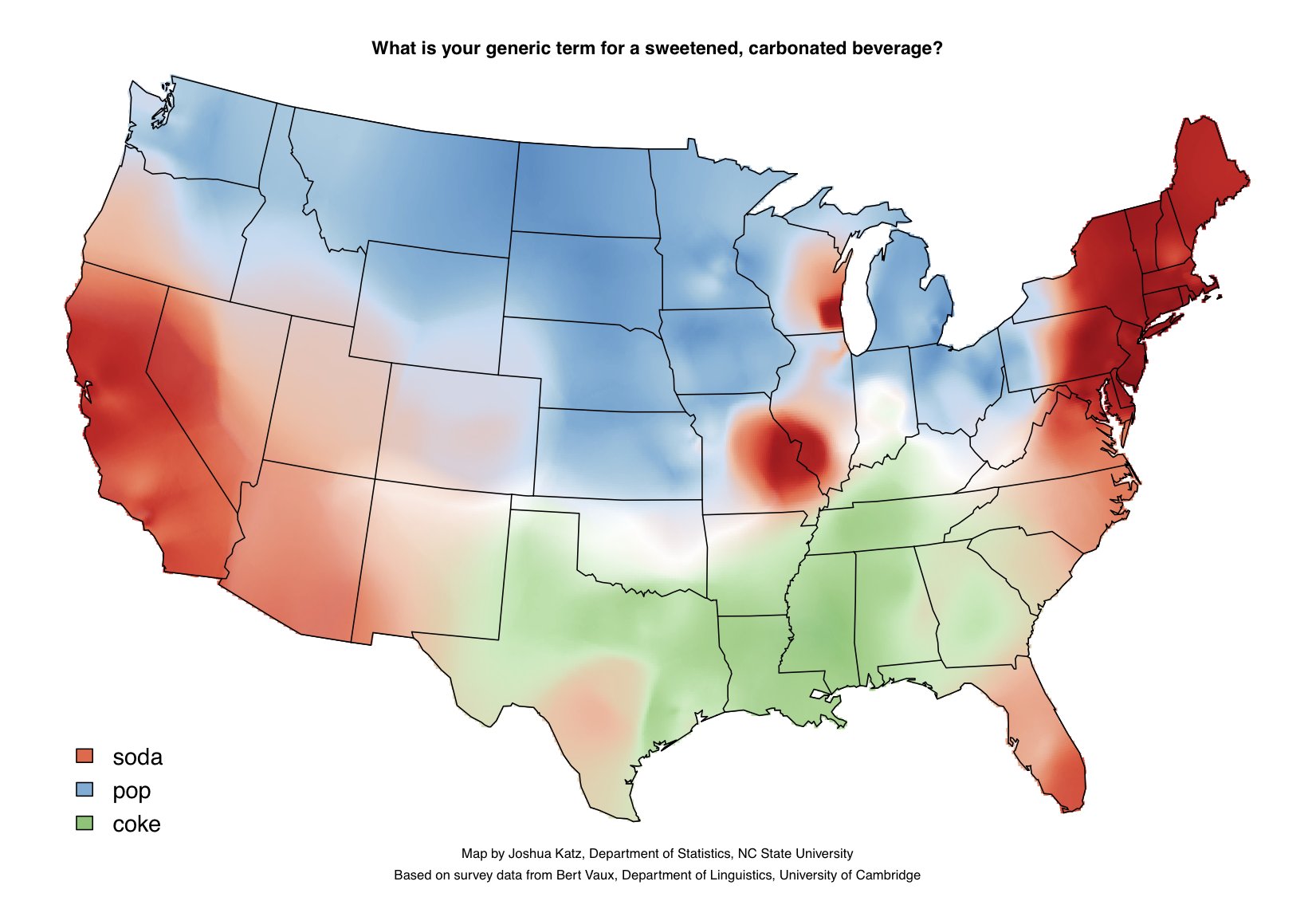ブログ
英会話・英語 アミック ドイツ語講座その2
アミックのブログを見てくれてありがとうございます♪
前回に続いて今日もプチドイツ語をちらっと。
日本語でもよく聞く”アルバイト”。
これ、実は英語ではなくドイツ語に由来しております。
“Arbeit” eiでアイと読むドイツ語では、そのままアルバイトと読みます。
しかし、ドイツでアルバイトと言えば、正社員のことです。
フルタイムでの、仕事のことを指しますので、日本語での意味と少しずれがありますね。
また、英語の”work”にあたるアルバイトなので、”職”という意味の仕事意外にも、
It was such a hard work. のように、仕事量のことを指していたりもします。
ドイツ語でも同じです。 Es war sehr harte Arbeit.
ちなみにドイツ語でアルバイトのことは、mini jobといいます。
ミニ ジョブ。なんだかかわいいですね^^)/
英会話・英語 アミック 新プログラム
こんにちは、アミックBlogを訪れてくださりありがとうございます♪
今日はキッズクラスのレッスンについてご紹介です。
大学入試改革や小学校の英語教育改革に対応すべく、Amicでも今春からレッスンプログラムが新しくなりました。4技能(読む・聞く・話す・書く)を総合的に学んで、使える英語が身に付くプログラムです。
教室からはいつも子どもたちの楽しそうな声が聞こえてきます。
英語をただだけでなく、英語で自然や科学など、色々なことを学んでいる様子!
こちらは、Animalについてのレッスンを終えた小学生たちの作品。
My favorite animal is~(私の好きな動物は~)と、その理由を書いています。


こちらのレッスンでは、nature(自然)について学んだようです。
園児クラスでは、こんな楽しそうなアクティビティも♪♪
バナナとビスケットを使ったTeddy Bear作りです。食べ物の名前や顔のパーツも、実際に作りながらだと英語が自然と出てきます。

レッスンについてもっと詳しく知りたい方、最寄りのスクールにお問い合わせください☆
無料体験も随時受付中です!
英会話・英語 アミック Too and Very
Too and Very
Both too and very are intensifiers. They are used to make adjectives and adverbs stronger.
Very
When we use very, it’s not clear whether what we are describing is a good or a bad thing.
- The building is very old.
This could be a good thing: ‘the building is old and beautiful’. It could also be a bad thing: ‘the building is old and falling down’.
Too
When we use too, it means there’s a problem.
- The building is too old.
This is a bad thing. The building is too old. It might fall down and could be dangerous.
My Favorite World Cup Memory – 英会話・英語 アミック
The World Cup has always been a perfect mesh of two of my favorite things: sports and geography. Ever since I was little, the tournament’s ability to bring the world together for a month during the summer has captivated me. It may not always be the highest quality soccer, and some of the organizer’s behind-the-scene actions are shameful, but I simply can’t not watch.
Although this is the first World Cup in my lifetime that America hasn’t qualified for, I’ll still be following the tournament closely this summer. Even with their absence, previous US National Teams at the World Cup have given me some fond sporting memories I can always relive on YouTube until Qatar 2022 rolls around.
Landon Donovan’s Equalizer Against Algeria (2010)
One of those came at the 2010 iteration of the tournament. A senior in college, I unfortunately had to work during the day of a pivotal match against Algeria: a loss or draw could eliminate the US from the tournament, whereas a win would potentially allow them to win their World Cup group for the first time since 1930.
Since I couldn’t follow the game live, I recorded it on a VHS tape (remember those?) to watch later that evening. After managing to avoid finding out the result, I raced home to watch the game alone in my parents’ basement.
At about 70 minutes in the score remained deadlocked at 0-0. Right around then, my mom came downstairs with my childhood pet cat in her arms: Spice had not been doing well for some time, and my parents decided they were going to take her to the vet that evening and that I should say goodbye right then. I was upset of course in the way that anyone would be, but also at the timing of the whole situation, with my nerves already on edge from watching the match.
Now awash with heartbreak on top of the emotions the match was already loading on me, I watched the minutes tick down apathetically, prepared for a heavy dose of sports disappointment.
Then, in the final minute, this happened:
I hit the roof (figuratively and literally) out of pure ecstasy, a moshpit of one bouncing around the room. And for at least a little while, my heart didn’t hurt quite so bad. As cheesy as it sounds, the moment (and maybe Spice from the beyond?) made me feel that everything was going to be alright.
Mood piece #1 英会話・英語 アミック
I often dust off tracks from whatever phase of my life to match the current mood I’m in or to try to feel a desired way by pulling myself into an atmosphere unlike the one I’m faced with. It’s the middle of the work week and while I do enjoy my job as a teacher, being this social for hours on end takes its toll on my introverted nature. So here I am picturing myself alone in this ancient grotto with moonlight shining in on soft moss before I really get today’s work started.
Joe
Finally, an answer to Queen’s query 英会話・英語 アミック
Scientists have identified five communities where the citizens regularly live to be over ninety years old. The people of Okinawa, Japan, Sardinia, Italy, Nicoya, Costa Rica, Icaria, Greece, and Loma Linda, California, USA are known to live longer lives than anywhere else in the world. Not only are they living longer, but they are also known to live healthier lives free of dementia or other general old-age illnesses.
What do these people do to live longer, healthier lives? It turns out they aren’t doing anything exceptional. Data has shown that these communities are more likely to eat a plant-based diet, do moderate exercise, and spend a lot of time with their loved ones. This means that these communities of elderly people are living semi-vegetarian lifestyles with diets rich in legumes. They most likely aren’t doing the latest HIIT workout, but probably going for regular walks and taking the stairs instead of the elevator. They are also spending time with their community and socializing. The families living in these communities are also usually multigenerational with children and elderly people living together. Engaging with others has been proven to increase happiness in people and to give life a “sense of purpose”.
It seems like living a long, healthy life is easier than we initially thought!
Ume
こんにちは、今日もアミックブログを訪れていただきありがとうございます!
やっと四国も梅雨入りしましたね
平年より8日程早いとのこと、今年は何もかもが早く、また暖かい
メキシコに住む友人から、
国内の22の都市でこの夏の気温が50°近くになるという非常事態宣言が出ているそうです
色々考えさせられます
ところで、梅雨は漢字からも分かるように、梅の季節ですね
梅はアンズやスモモと複雑に交雑しているので、一般的にはJapanse plumやJapanse apricotと呼ばれます
なお、梅にまつわる文化的なものを英語で説明したい時には、umeでもいいですね!
やはり平年より2週間程早くではありますが、今年も鈴なりに実がついていて大収穫でした
一瞬ブドウかと見間違えるほど

梅を収穫したら、
梅干しや梅酒はもちろん、もう一つの楽しみは化粧水
用意するもの:
青梅(大) 5~7個
純米酒 600ml
グリセリン 60ml
作り方:
梅はへたのところを傷つけず取り出して、きれいに洗った梅を純米酒に入れ、暗所に1週間程放置。
青→黄色に変色したら梅を取り出し、グリセリンを入れて冷蔵庫に入れておけば1年は使用できます
梅の香りがいいのと保湿性が高いので、私は毎日使用しています

お肌に合うかどうかは人によりけりなので、敏感肌の方はご注意ください。
英会話スクールアミック
英会話・英語 アミック Wish
Wish
‘Wish’ is a verb which talks about unreal or imagined situations. Because of this, it has some unusual verb patterns:
A present wish
When we want to make a wish about a present situation, we use wish and a past simpleor continuous verb.
- I don’t have my umbrella. I wish I had my umbrella.
- She doesn’t know the answer. I wish she knew the answer.
- You’re at work, but you wish you were playing football, right?
A past wish
When we want to make a wish about a past action or situation, we use wish and the past perfect – had + past participle verb.
- I’m so tired. I wish I had slept for another hour last night.
- She knows she made a mistake. She wishes she hadn’t been so silly.
- You were right. I shouldn’t have quit my job. I wish I had listened to you.
American Colloquialism Calamity – 英会話・英語 アミック
A few years ago, a survey went around American Facebook circles asking simply what part of the country you live in, what you call certain objects, and how you pronounce certain words. After finishing, you saw a map of how people answered the same questions in different parts of the country.
For some questions, the answers were nearly the identical across the board except for one small hotspot (e.g. only in a small part of Pennsylvania and New Jersey do they call a long sandwich with meat and lettuce a ‘hoagie’, whereas everywhere else it’s called a ‘sub’). For other questions, the answers varied wildly; here are a few of my favorites:



These illustrations are from designer Joshua Katz’s book, “Speaking American” and based on a pre-Facebook study done by Cambridge’s Bert Vaux et al. To take a similar version of the survey, check out The Cambridge Online Survey of World Englishes (also being conducted by Vaux).
Do you like dancing? 英会話・英語 アミック
I’m not a great dancer, but give me a dark club with a good sound system and this track in the mix and I might just blow your mind. Rizzla always brings the heat! :))



